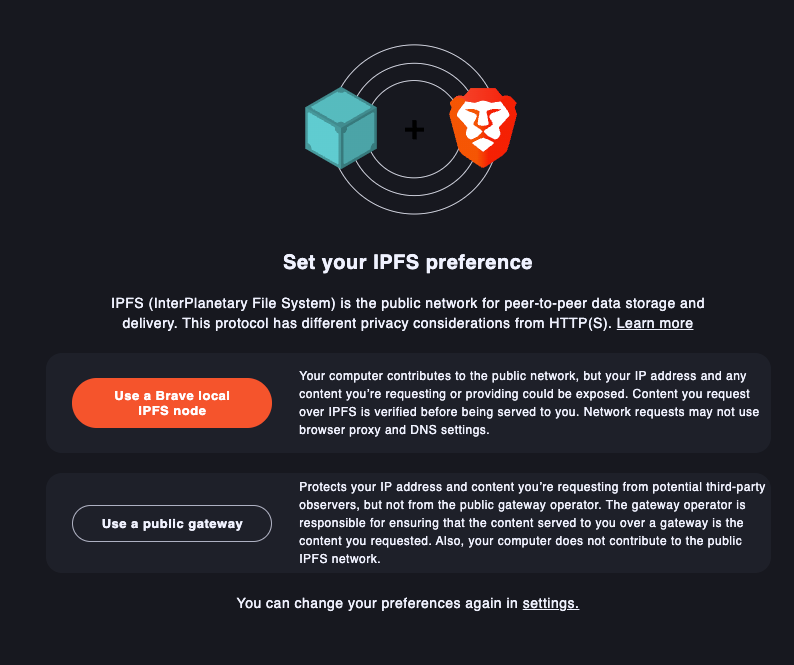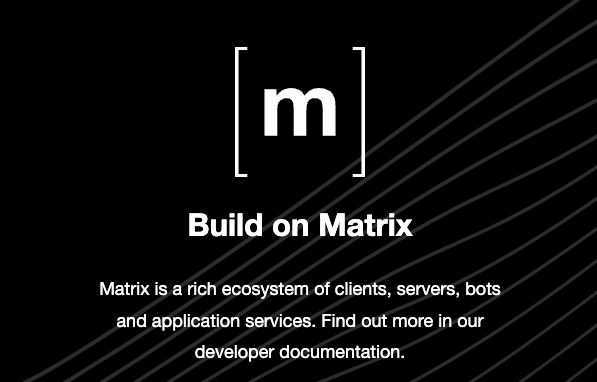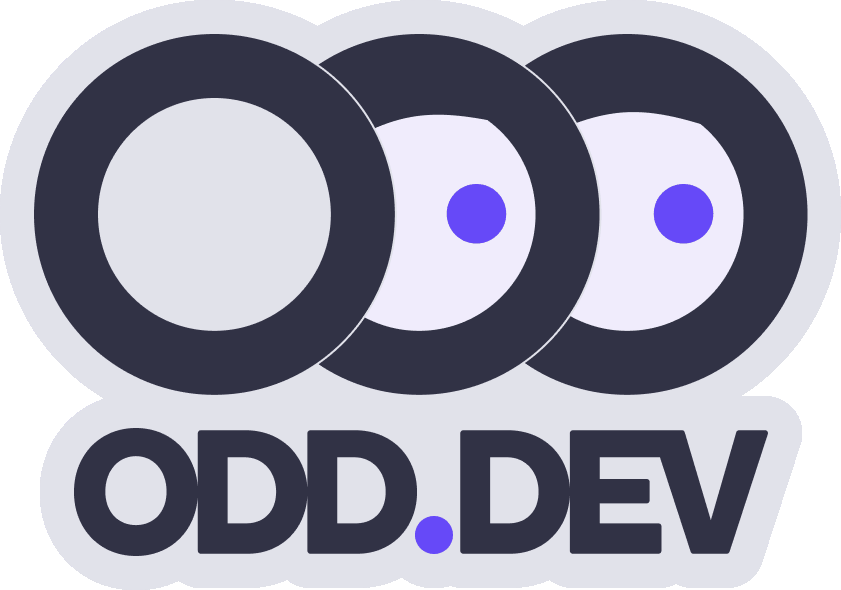Fission is passionate about building tools for the decentralized web ecosystem. We prioritize agency, security, and privacy and believe that users should have full control over how their data is managed.
We also host community events and run an active Discord community where developers, designers, and enthusiasts discuss ways to make the web more open and interoperable. We're ecosystem-obsessed and thought it would be helpful to share some of the DWeb tools we've discovered on our journeys.
Here's a list of 10 tools helping end users and builders move away from centralized entities and toward more affirming and humane software.
1. Brave
Brave is a web browser built atop the open-source Chromium source code (which is also the foundation for Chrome). Brave blocks all ads and ad trackers, allowing webpages to load faster. It also helps prevent companies from being able to map customer's behavior, giving users more privacy. Brave also doesn't store user data in their cloud, reducing the risk of data hacks. Brave also includes unique features, such as a VPN (with subscription), a browser-native crypto wallet, and the ability to turn your computer into an IPFS node or request and receive content via the public gateway.

2. Skiff
Skiff is a privacy-first end-to-end encrypted workspace. It currently includes four apps - Mail, Calendar, Pages, and Drive - making it an alternative to Google Workspace. There are no ads or trackers, and no one, not even Skiff, can read your data. Skiff Mail is also open-source and independently audited. Skiff has also collaborated with MetaMask to allow users to log in to Skiff via their Ethereum address.
3. MetaMask
MetaMask is a crypto wallet for exploring blockchain applications. It is available as a browser extension and mobile app and allows users to buy, store, send, and swap tokens. MetaMask creates cryptographic keys on the user's device, keeping ownership and access squarely with the user.
4. Aragon
Aragon is a DAO creation and management platform. It offers tools for governance, voting, and onboarding within decentralized communities, with no coding required.
5. Solid
Solid is a specification that lets people store their data securely in decentralized data stores called Pods. Pods are like secure personal web servers for data. Users control which people and applications can access their Solid Pods, giving them more control over their data. Tim Berners-Lee, the inventor of the World Wide Web, is the project's leader.
6. Matrix
Matrix is an open protocol for decentralized and secure communications. Matrix can be used for private group chat, public rooms, and instant messaging, and anyone can build apps on top of it. Matrix empowers users to use their preferred clients over the protocol, allowing collaboration without forcing specific hosts on them.

7. Holochain
Holochain is an open-source framework for creating P2P applications. Instead of depending on servers, Holochain applications connect user devices directly to each other in secure networks. This approach gives users agency over how they communicate, collaborate, and share data, all while remaining local-first.
8. OrbitDB
OrbitDB is a serverless, distributed, peer-to-peer database. It uses IPFS for data storage and libp2p Pub/Sub for syncing and can serve as the back-end for P2P, decentralized, and local-first apps. Just this week, v1.0 was released.
9. Solidity
Solidity is a programming language used to develop smart contracts that run on the Ethereum blockchain. Using Solidity, users can create DAOs, develop blockchain games, launch NFT collections, power decentralized finance, and more.
10. IPFS
IPFS is an open system for managing data without a centralized server. It is a P2P hypermedia distribution protocol that uses content addressing to identify and verify data.
11. ODD SDK 👀
A bonus tool! We couldn't make this list without highlighting our own tool, ODD SDK! ODD SDK is a local-first edge computing stack that empowers developers to build encrypted-at-rest and passwordless applications using the UCAN and WNFS protocols.

This is not an exhaustive list of tools but rather a jumping-off point! Did we miss your favorite decentralized web tool? Tag us on Mastodon or Twitter and share your recommendations!
